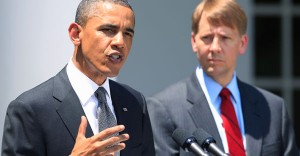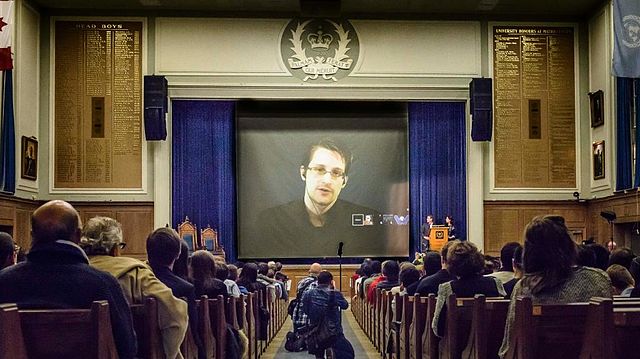
President Obama appointed Richard Cordray to the position of director of the Consumer Financial Protection Program, the first time such a position has been established on the national level. Obama created the position despite the strong opposition shown by Republican lawmakers. The GOP has even threatened to oppose the directorship in the courts, saying the President has no constitutional authority to create such a position.
Protecting Consumers
Cordray is the highly respected former attorney general of Ohio. His appointment will create an agency which is able to supervise a large number of lending companies and other institutions which have been accused of preying on consumers now and then with less-than-straightforward business practices.
Brazen Move
Politically, this step taken by Obama is considered to be quite bold. Obama made his move immediately after the Iowa presidential caucuses last Tuesday, which spotlighted the antics of his Republican opponents, setting Obama up as the hero fighting for the rights of ordinary Americans.
“When Congress refuses to act, and as a result hurts our economy and puts people at risk, I have an obligation as president to do what I can without them,” Obama said from Ohio, a state vital to Obama’s re-election campaign.
Republicans Aghast
Predictably, consumer groups praised Obama’s move; the US Chamber of Commerce was not as forthcoming, warning that the appointment and position stood on such shaky legal ground that the work of the consumer’s bureau could be compromised.
Republican criticism was scathing.
The leading Senate Repbulican and Minority Leader Mitch McConnell said Obama had, “arrogantly circumvented the American people” and endangered the nation’s systems of checks and balances.
Utah Republican Senator Orrin Hatch called the move a “very grave decision by this heavy-handed, autocratic White House.”
Cordray will get to work immediately despite the fact that his official appointment won’t come until later in the week, said the White House. He will serve in this position until the end of 2013, the end of the Senate’s next session.


